News
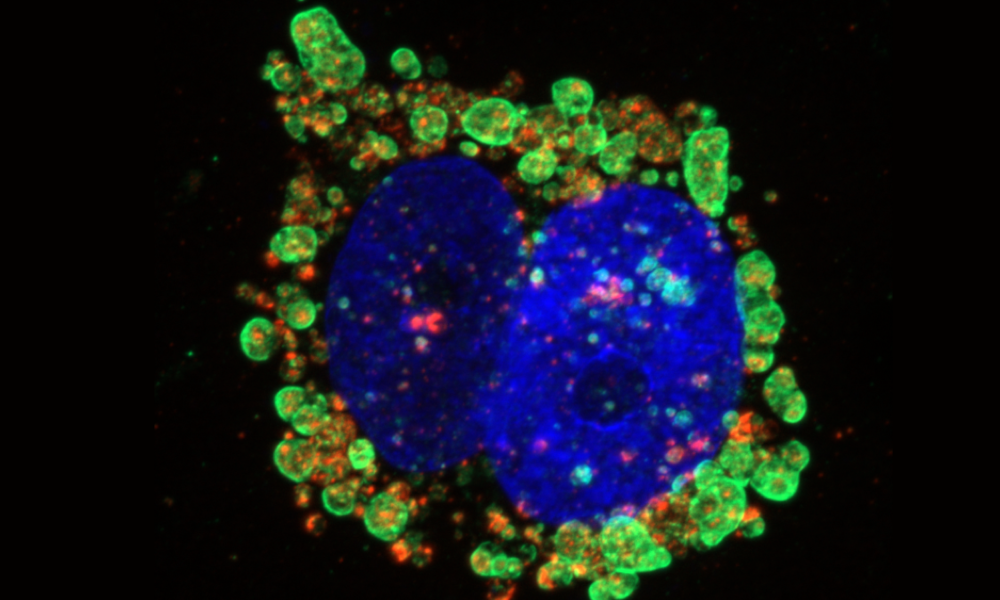
Autophagy machinery contributes to stress-induced secretion of proteins and extracellular vesicle populations
The Gorski Lab shows that chloroquine induces the secretion of autophagy-related proteins, some of which are partitioned and packaged into distinct small vesicle populations.
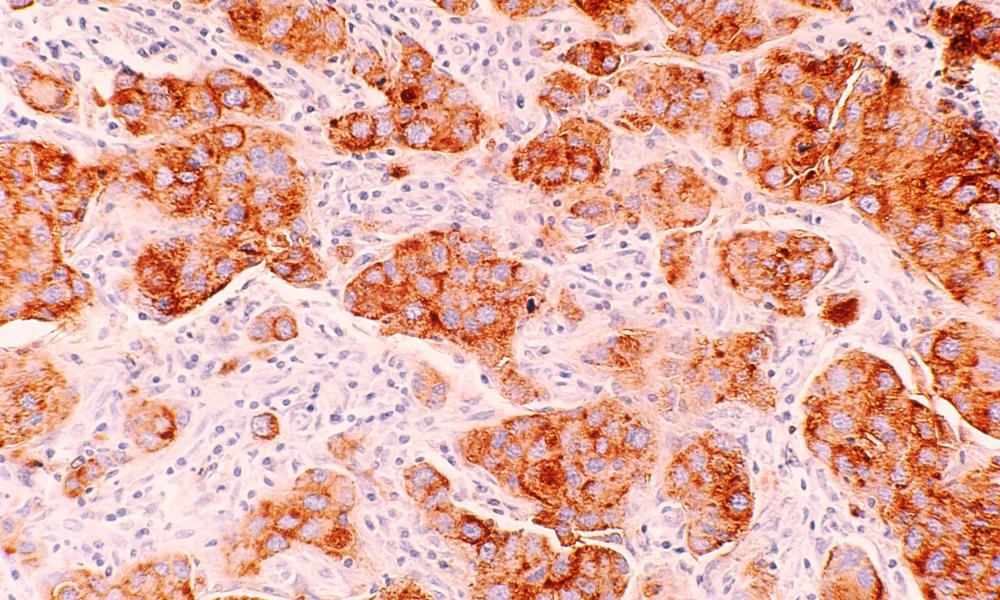
Breast cancer subtypes with distinct survival outcomes can be identified from archival samples using proteomics
The GSC’s Gregg Morin Lab, with Drs. Torsten Nielson and Stephen Chia, identify new breast cancer subtypes linked to patient outcomes using proteomic analysis on archival clinical tissue samples.
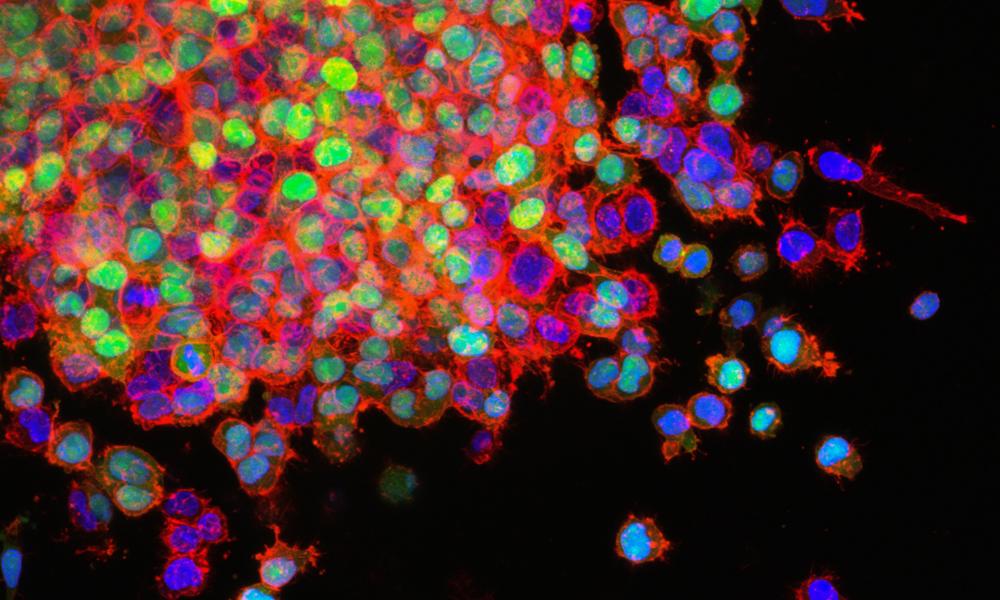
Small molecule inhibitor sensitizes lung cancer cells, priming them for death
The GSC’s Gregg Morin Lab characterizes the mechanism of action of a novel small molecule inhibitor and demonstrates its therapeutic potential in lung cancer cells.
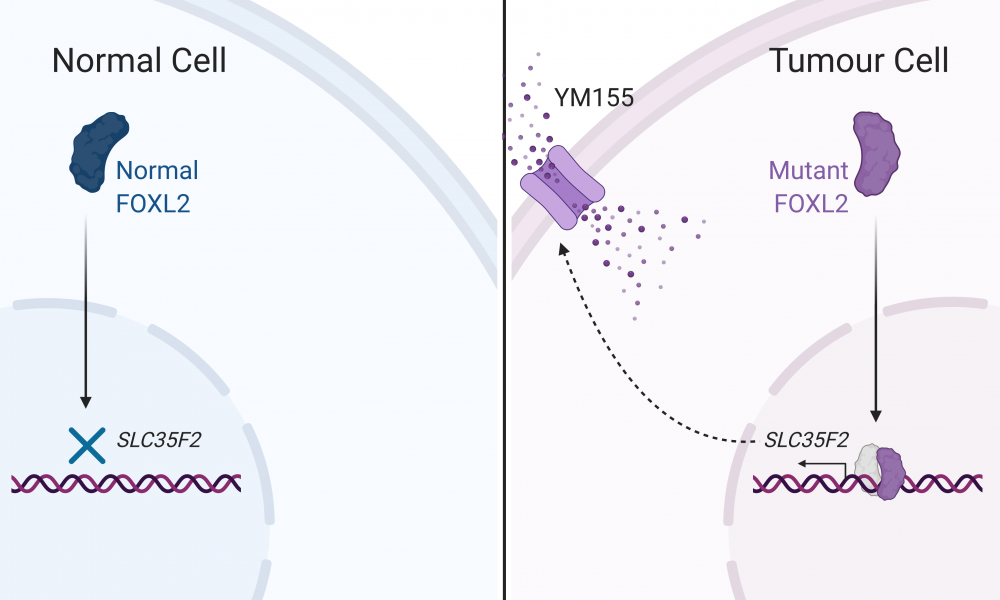
A hallmark mutation may be the Achilles heel for adult granulosa cell tumours of the ovary
A mutation in a transcription factor essential for ovary development is commonly used as a diagnostic marker for a type of ovarian cancer, but little is known about how it effects the tumour cell itself. Extensive analysis of how this mutation alters DNA binding has revealed the potential for a novel treatment strategy.
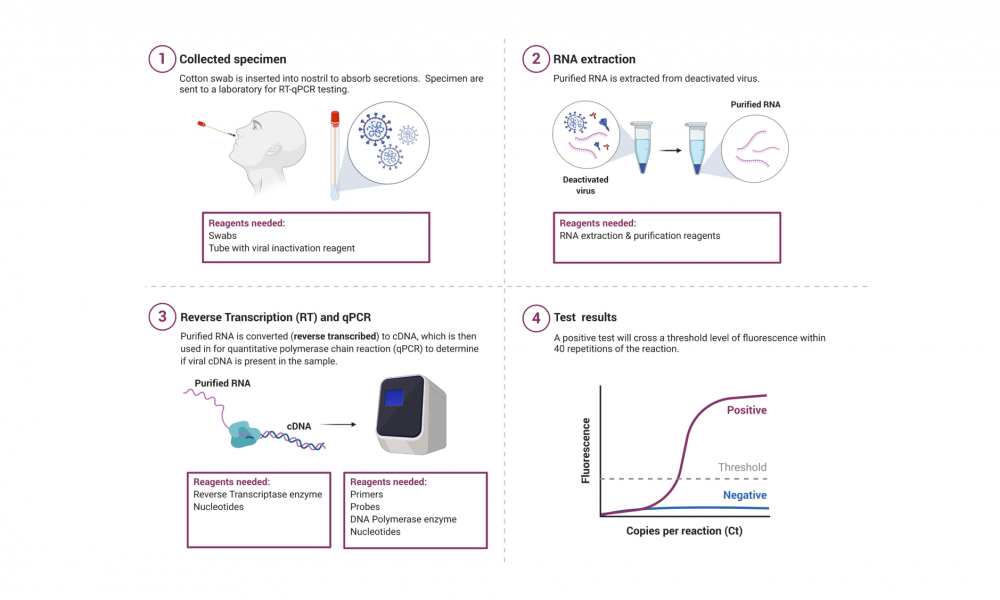
How B.C. scientists are addressing the COVID-19 testing challenge
As the COVID-19 pandemic continues, public health authorities around the world are facing a significant challenge: ensuring a large enough supply of reagents to scale-up diagnostic testing. Researchers at Canada's Michael Smith Genome Sciences Centre at BC Cancer (GSC), the University of British Columbia (UBC) and the BC Centre for Disease Control (BCCDC) are working to develop new non-proprietary reagents to support current and future testing in British Columbia.